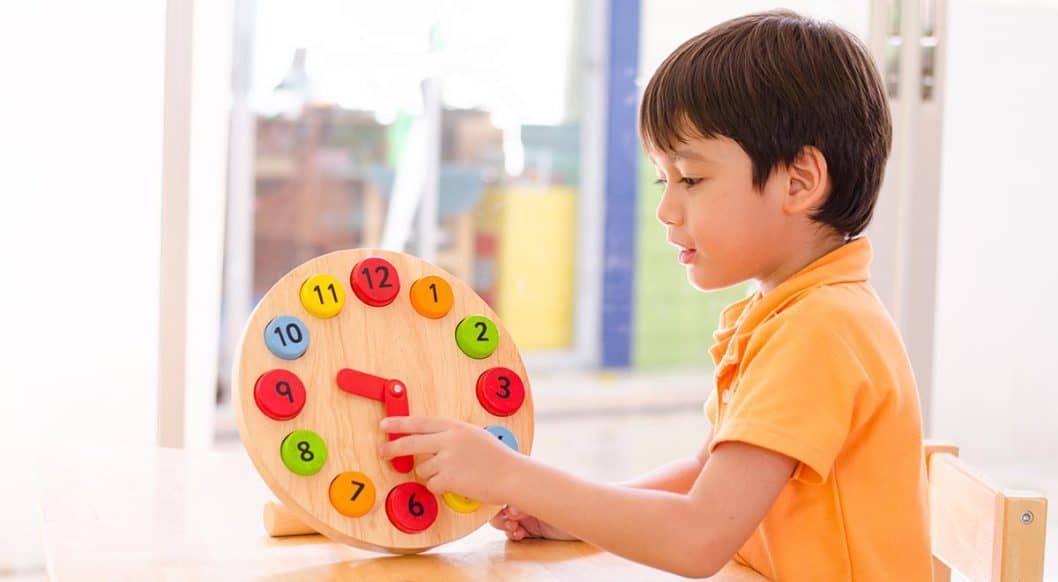
Our Kindergarten Program
At Scallywags we offer a Government-approved kindergarten program that is aligned to the Queensland Kindergarten Learning Guidelines. Our program is delivered by our early childhood teacher and a diploma qualified assistant, Monday to Friday between 8.30am and 4.00pm during school terms. Parents have the added benefit of a quality care setting for their children from 6.30am to 6.30pm for 52 weeks of the year, excluding Public Holidays.
To be eligible for the Kindergarten Program, children must turn 4 by 30 June in the year they start and attend for a minimum of 15 hours a week.
The Queensland government provides financial assistance to eligible families to help them access Kindy. All families at Scallywags are eligible for SEIFA. QKFS Plus Kindy Support is also available to Scallywags families that meet one of the criteria below:
The family or the child, must present one of the following:
- A current Australian Government Health Care Card (HCC).
- A current Australian Government Pensioner Concession Card) or Department of Veterans’ Affairs Gold Card or White Card
- A formal communication from the relevant agency stating the intent to issue a HCC.
- The enrolling child is Aboriginal and/or Torres Strait Islander and the family chooses to identify them as such on their enrolment form.
- The family has 3 or more children, of the same age, enrolled in the same year.
At Scallywags our kindergarten program aims to develop children’s skills, knowledge and understandings which support their continued learning. We place a strong emphasis on developing social and emotional skills which are essential for success in learning at school and in later life. Children from our Jellyfish Room (3 – 4 years) are able to transition together to the Kindergarten room in January and have already formed friendships, know their teachers and have visited the room on numerous occasions.
The Queensland Kindergarten Learning Guidelines are closely aligned with the Early Years Learning Framework which guides the curriculum of the younger children at the centre. Please see the table below or visit www.qcaa.qld.edu.au for further information.
| YLF | QKLG learning and development areas | Key Focus | Significant Learnings |
|
Children have a strong sense of identity |
Identity |
Building a sense of security and trust | · feeling safe, accepted and supported
· developing a sense of belonging and confidence in others |
| Acting with independence and perseverance | · managing routines
· developing agency in decision making · being willing to keep trying |
||
| Building a confident self-identity | · developing awareness of own culture/s
· recognising individual strengths and achievements |
||
|
Children are connected with and contribute to their world |
Connectedness |
Building positive relationships | · connecting with and relating to others
· understanding rights and responsibilities |
| Showing respect for diversity | · responding to others with respect
· developing awareness of bias · learning about others’ cultures |
||
| Showing respect for environments | · caring for the kindergarten
· exploring interactions between people and environments |
||
|
Children have a strong sense of wellbeing |
Wellbeing |
Building a sense of autonomy | · developing self-regulation
· developing resilience |
| Exploring ways to be healthy and safe | · being healthy
· staying safe |
||
| Exploring ways to promote physical wellbeing | · developing control and strength
· developing awareness of the senses |
||
|
Children are confident and involved learners |
Active Learning |
Building positive dispositions towards learning | · showing curiosity and enthusiasm for learning
· problem-solving, investigating and reflecting on learning · being imaginative and creative |
| Showing confidence and involvement in learning | · applying knowledge in different contexts
· sharing ideas and discoveries |
||
| Using technologies for learning and communication | · showing interest in technologies
· using technologies |
||
|
Children are effective communicators |
Communicating |
Exploring and expanding language | · using language/s, including signing
· listening and responding |
| Exploring literacy in personally meaningful ways | · engaging with different texts
· exploring sounds and letters · exploring reading and writing |
||
| Exploring numeracy in personally meaningful ways | · exploring mathematical concepts in everyday life
· exploring counting and patterns |
